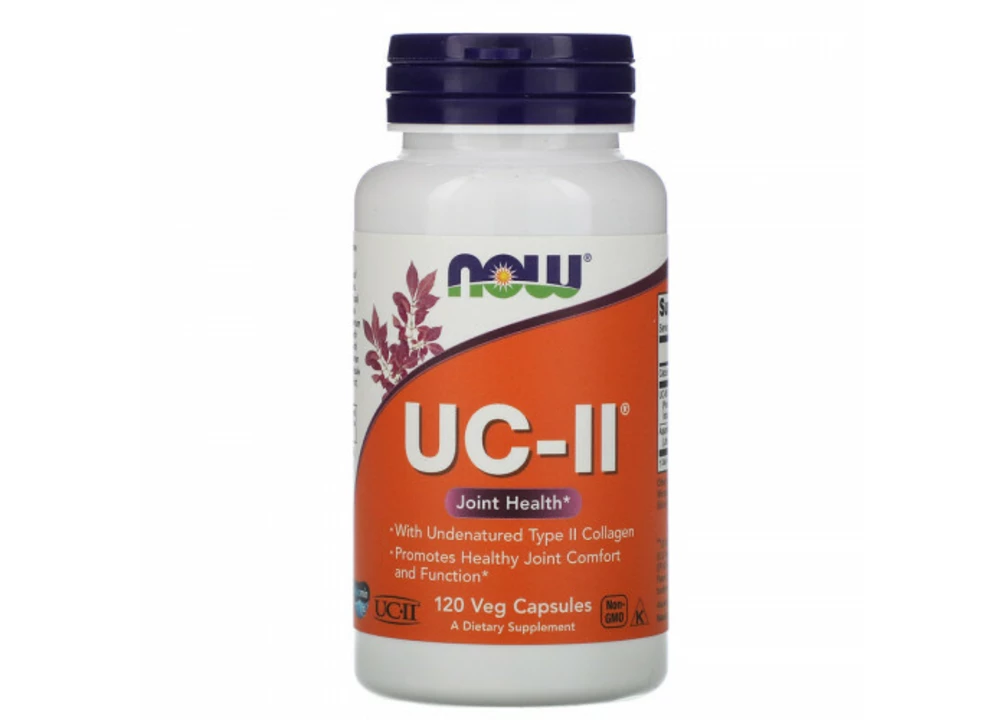Collagen Type II: What It Is and Why Your Joints Care
If you’ve ever heard people talk about “collagen” and thought it was only for skin, think again. Collagen type II is the kind that lives in your cartilage—the smooth tissue that cushions knees, elbows, and even the spine. When this protein stays strong, you move easier, feel less ache after a workout, and keep joint stiffness at bay.
Why does it matter? Your body makes collagen naturally, but age, heavy activity, or injury can wear it down. That’s where a supplement can step in. Adding collagen type II gives your joints raw material to repair themselves, which many people notice as smoother motion and fewer creaky sounds.
How Collagen Type II Works
Collagen type II is made of three long chains that twist into a triple helix. This structure is perfect for the watery environment inside cartilage. When you swallow a supplement, tiny peptides break down in your gut and travel to the joint area. There they signal cells called chondrocytes to produce more matrix—the gooey stuff that holds cartilage together.
Research shows that people who take hydrolyzed collagen type II often report less knee pain after running or climbing stairs. The effect isn’t instant; most studies see noticeable change after 8‑12 weeks of consistent use. That’s why it helps to make the supplement a daily habit rather than a once‑in‑a‑while thing.
Choosing & Using a Collagen Type II Supplement
Not all collagen powders are created equal. Look for products that say “hydrolyzed” or “undenatured” type II – these terms mean the protein stays intact enough to do its job. Check the label for a dosage of 40‑60 mg per day; higher amounts don’t always give extra benefit and can be pricey.
Take your capsule with water on an empty stomach if you can. Some people mix powdered collagen into smoothies, coffee, or even plain yogurt – just make sure it dissolves well so your gut can absorb it. Pairing the supplement with vitamin C is a smart move because that vitamin helps your body turn the peptides into usable collagen.
Watch for side effects. Collagen type II is generally safe, but a small number of users report mild stomach upset. If you have a seafood allergy, double‑check the source – many supplements derive collagen from chicken cartilage rather than fish.
Bottom line: if joint comfort matters to you, adding collagen type II to your daily routine is an easy, low‑cost way to support cartilage health. Stick with it for at least three months, watch how your joints feel, and adjust the dose only if needed. Your future self will thank you when you can keep moving without that nagging ache.
Transform Your Skin and Joint Health with the Miraculous Effects of Collagen Type II
I recently discovered the amazing benefits of Collagen Type II, and I can't wait to share it with you all. This incredible protein is known for its miraculous effects on our skin and joint health. By incorporating Collagen Type II into our daily routine, we can improve skin elasticity, reduce wrinkles, and promote joint comfort. So if you're looking for a natural way to enhance your overall well-being, Collagen Type II could be your answer. Give it a try and experience the incredible transformation for yourself!
More
